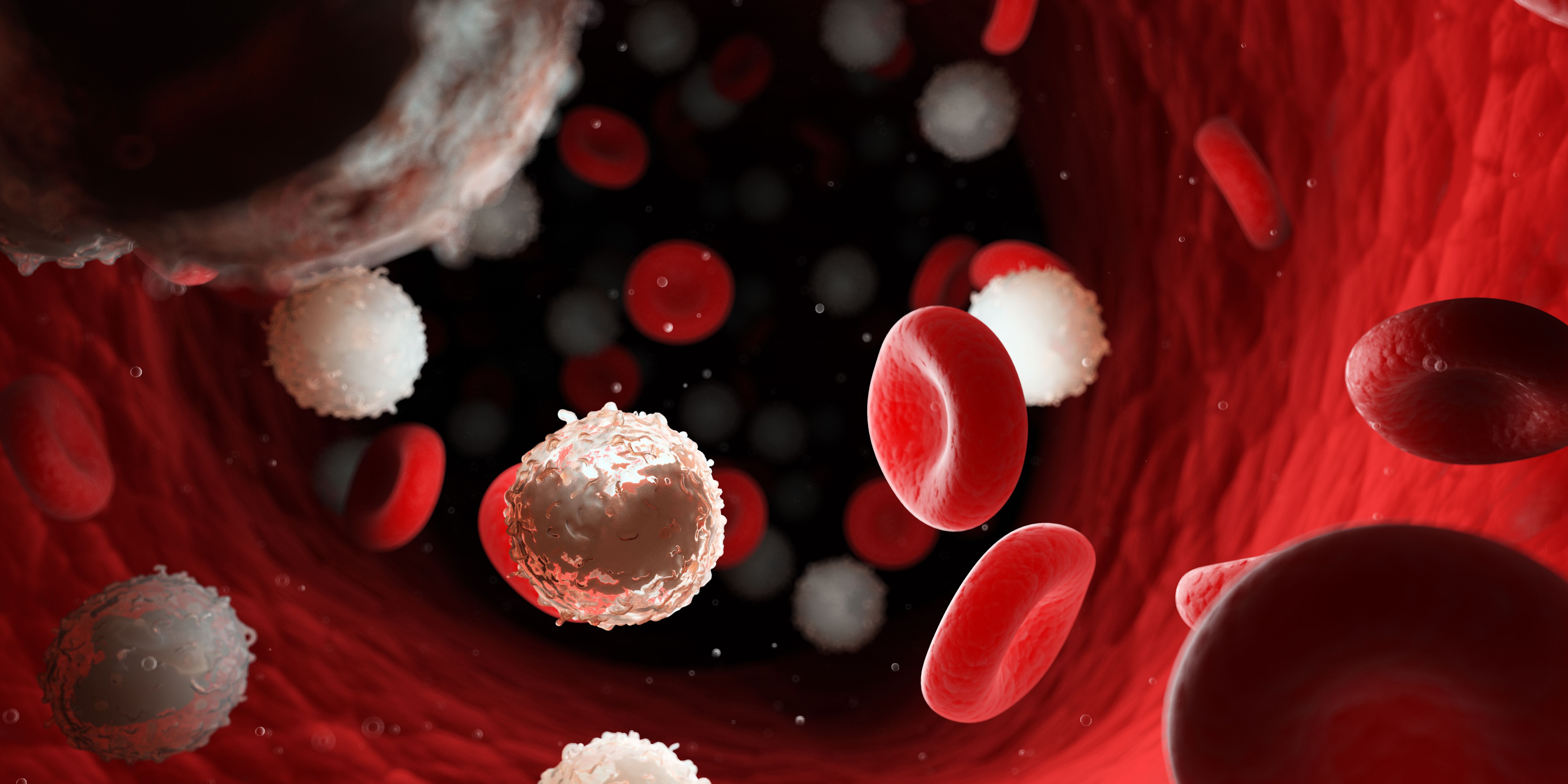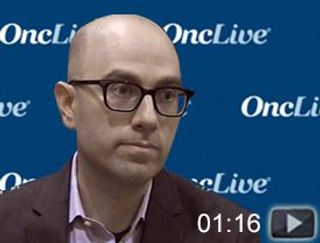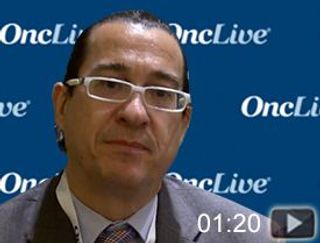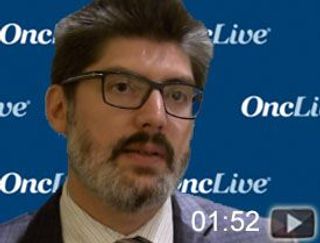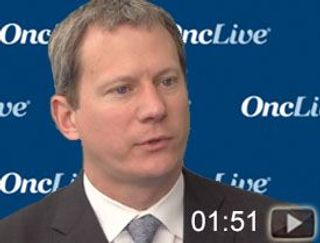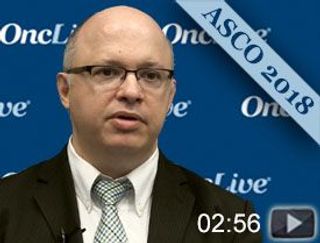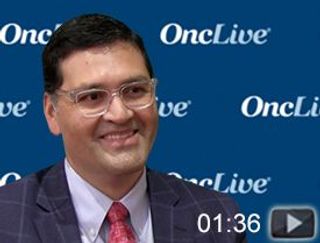
Oncology
Latest News
Latest Videos

CME Content
More News
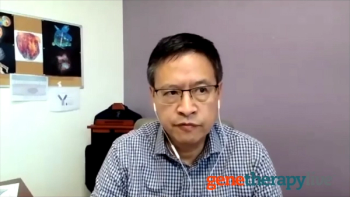
Allen Feng, PhD, chief scientific officer, HebeCell, discussed advantages of induced pluripotent over hematopoietic stem cell therapies.
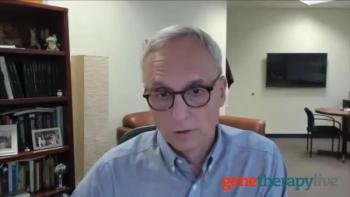
The director of the Powell Gene Therapy Center at the University of Florida discussed the recent meeting of the FDA Cellular, Tissue, and Gene Therapies Advisory Committee.
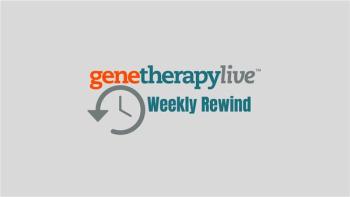
Review top news and interview highlights from the week ending October 1, 2021.
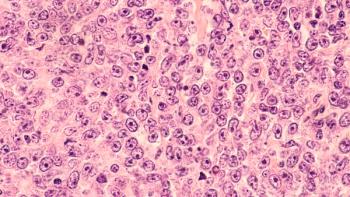
Treatment with the CAR T-cell therapy yielded a 60% reduction in the risk of EFS events compared with SOC with a median follow-up of 2 years.

The chief of translational Research and immunotherapy at The Angeles Clinic and Research Institute discussed the integration of tumor infiltrating lymphocyte–based therapy into the melanoma armamentarium.

The hematologist and oncologist from UCSF Helen Diller Family Comprehensive Cancer Center discussed key findings from the phase 2 KarMMA trial.
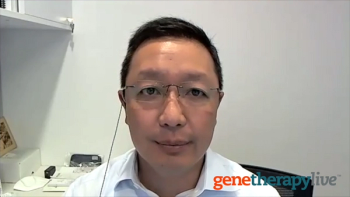
The chief executive and chief medical officers of Vor Biopharma discussed their focus on AML, CD33, and their lead program VOR33.

CT-0508 is currently under investigation in a phase 1 clinical trial.
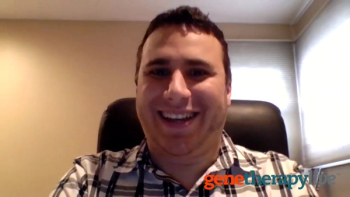
The director of the Solid Tumor Immunotherapy Lab at the University of Pennsylvania discussed JQ1 and other BET inhibitors he would like to study.
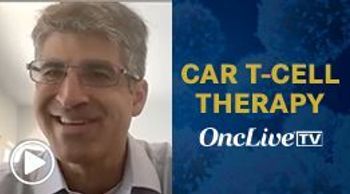
The hematologist/oncologist from City of Hope discussed the potential for CAR T-cell therapy in earlier lines of treatment for patients with diffuse large B-cell lymphoma.
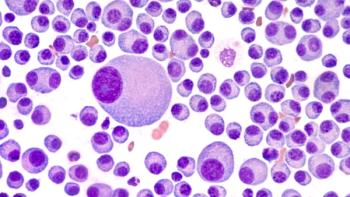
Overall response rate was 95%, including 75% of patients who achieved a complete response (CR) or better, with a median follow-up of 5.8 months at data cutoff.

Sonny Hsiao, PhD, chief executive officer, president and cofounder, Acepodia, discussed the company’s cell therapy technologies.
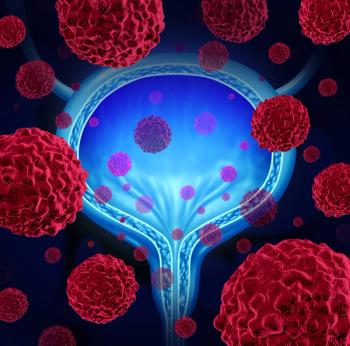
In 2 year follow-up data, 20 patients (19.4%) remained free from high-grade recurrence.
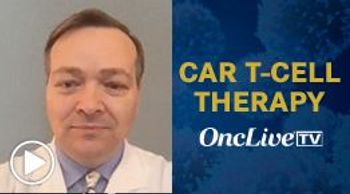
The associate professor from the UT Southwestern Medical Center Harold C. Simmons Comprehensive Cancer Center discussed the challenges faced with CAR T-cell therapy in patients with multiple myeloma.

Review top news and interview highlights from the week ending September 24, 2021.

The recent FDA Advisory Committee meeting follows a turbulent year for gene therapy studies.
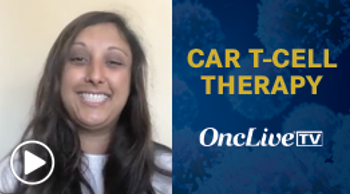
The associate professor from The University of Texas MD Anderson Cancer Center discussed mitigating CAR T-cell therapy–related cytokine release syndrome in multiple myeloma.
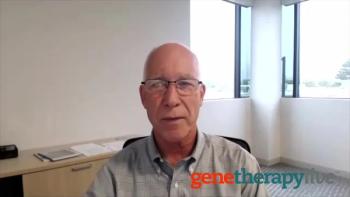
Eric von Hofe, PhD, president and chief operating officer of AffyImmune, discussed advantages of the Affinity tuning platform.
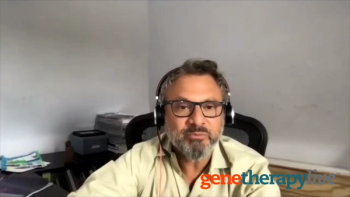
Jan Davidson, MD, PhD, chief medical officer, Wugen, discussed the company’s future plans and research.
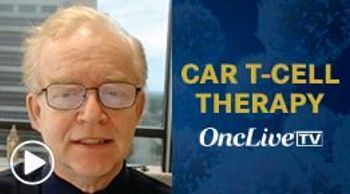
The professor and director of the Myeloma Center at the University of Arkansas for Medical Sciences discussed the clinical implications of CAR T-cell therapy for patients with relapsed/refractory multiple myeloma.

Oncternal and Celularity hope to produce ROR1-targeted NK, CAR-NK, and CAR T-cell therapies.
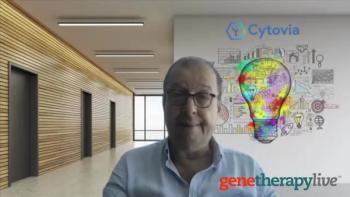
The chief executive and medical officers of Cytovia Therapeutics discussed the company's therapeutic targets and cell therapy scaffold.
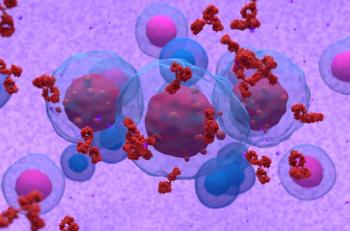
The CAR T-cell therapy elicited an overall response rate (ORR) of 97.9% at a median follow-up of 18 months.

Patients with CDI also had more severe acute graft vs. host disease than those without CDI.

The hematologist and oncologist from the University of California, San Francisco (UCSF) Helen Diller Family Comprehensive Cancer Center discussed unmet needs with CAR T-cell therapy in multiple myeloma.




